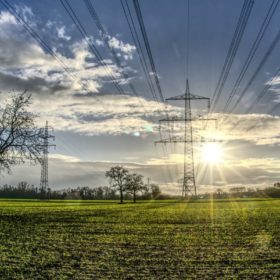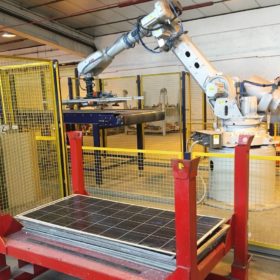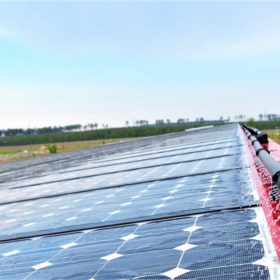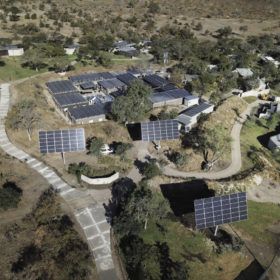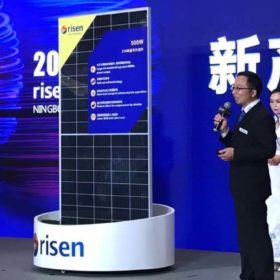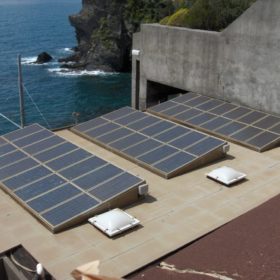World now has 583.5 GW of operational PV
Global grid-connected solar capacity reached 580.1 GW at the end of 2019, along with 3.4 GW of offgrid PV, according to the International Renewable Energy Agency. Total installed renewables capacity hit a remarkable 2,563.8 GW, with hydropower remaining the dominant source at 1,310.9 GW, followed by wind at 622.7 GW.
New Zealand may reach 6 GW of solar by 2050
National utility Transpower said that solar could take a 9.3% share of the country’s generation mix by the middle of the century. However, real growth is only forecast to occur from 2035, with distributed generation expected to account for more than 80% of total installed PV.
A mechanical technique for PV module recycling
An Italian consortium has developed a panel recycling process it claims can recover up to 99% of raw materials. The developers claim their technique takes only 40 seconds to fully recycle a standard panel, depending on size and recycling site conditions.
Cooling down PV panels with water
France’s Sunbooster has developed a technology to cool down solar modules when their ambient temperature exceeds 25 C. The solution features a set of pipes that spread a thin film of water onto the glass surface of the panels in rooftop PV systems and ground-mounted plants. The cooling systems collect the water from rainwater tanks and then recycle, filter and store it again. The company claims the technology can facilitate an annual increase in power generation of between 8% and 12%.
Covid-19 and dependence on China’s PV supply chain
The Asian Development Bank says developing countries in Asia and the Pacific should consider developing their own solar industry supply chains as the Covid-19 pandemic has exposed their over-reliance on China to carry through the energy transition.
How much PV is needed in an hybrid solar-diesel mini-grid?
Researchers in Brazil have suggested using solar radiation databases and simulator software to scale PV-diesel mini-grid generators. The profiles of PV generation and mini-grid load demand are critical to finding the right balance, according to the academics.
‘First shipment of 500 W modules’ announced
Chinese manufacturer Risen Energy will supply Malaysia’s Tokai Engineering with 20 MW of its new panels, unveiled in December. Risen claims its products can help reduce balance-of-system project costs by 9.6% and the levelized cost of energy by 6%.
International consortium claims 25% efficiency for flexible CIGS solar cell
Researchers led by Belgian institute imec claim to have achieved the result with a 1cm² flexible thin-film cell intended for building-integrated PV application. The result tops the 24.6% efficiency the consortium announced in September 2018. The cell’s developers are now aiming for 30%.
Why go solar? We can think of at least 333 reasons
Australian researchers have compiled data from 173 studies which examined homeowner behavior when buying rooftop PV and identified 333 predictors related to the attitude, knowledge, tendency, awareness, willingness and intent of householders.
QUT: A titanium solar cell with 24% efficiency
The Australian research team which developed the device said the higher efficiency was achieved through a nanowire design which eliminates the interface inside the titanium dioxide band.

